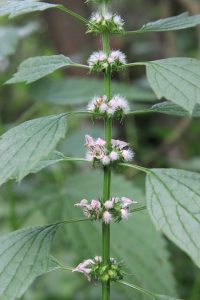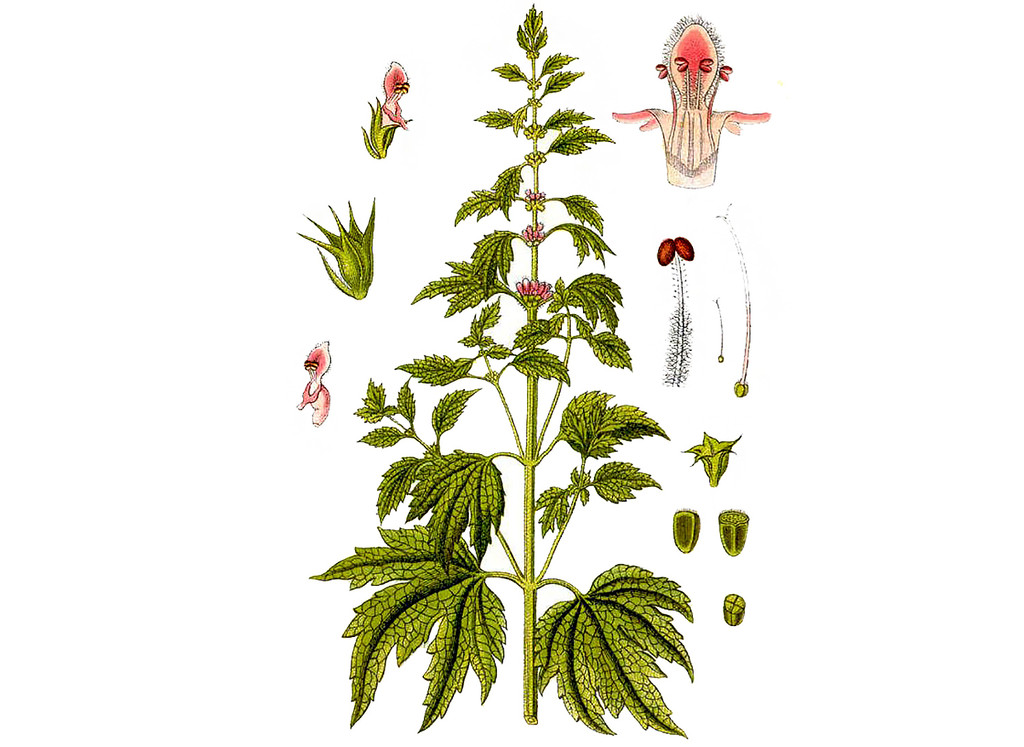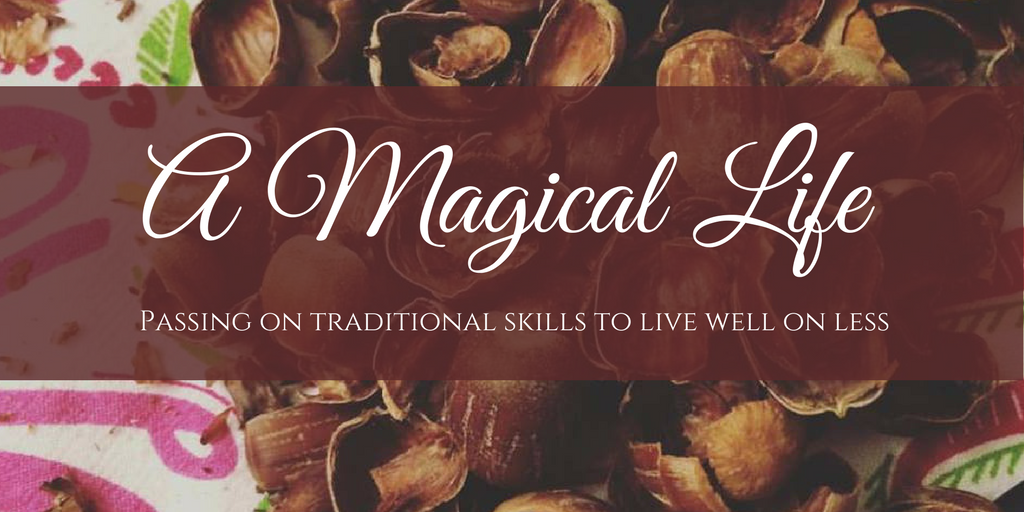
Motherwort is a commonly found plant that is excellent for treating heart issues, menstrual problems, menopause symptoms, stress and anxiety, among other issues. It has been historically used extensively in China, Europe and North America, and still offers exceptional benefits for a whole range of issues today.
 Motherwort, whose latin name is Leonurus cardiaca, is an herbaceous perennial plant in the mint family. Other common names include throw-wort, lion’s ear, and lion’s tail.
Motherwort, whose latin name is Leonurus cardiaca, is an herbaceous perennial plant in the mint family. Other common names include throw-wort, lion’s ear, and lion’s tail.
The medical benefits of motherwort have been known for thousands of years and they have been backed up by many scientific studies, as well. WebMD says of the herb:
Motherwort is used for heart conditions, including heart failure, irregular heartbeat, fast heartbeat, and heart symptoms due to anxiety. It is also used for the absence of menstrual periods, intestinal gas (flatulence), and over-active thyroid (hyperthyroidism).
Some people apply motherwort directly to the skin for itching and shingles. The seeds of two of the species (Leonurus artemisia or Leonurus heterophyllus) are used to improve eyesight and as a general tonic.
Red Root Mountain adds:
While motherwort is often considered an herb for women, men can find benefit in using it as well for maladies of the nervous system and heart triggered by stress…
The effects this plant has on the nervous system are profound. There is nothing subtle in the way that it works. As motherwort “gladdens the heart,” it relaxes the nervous system resulting in an elevated mood, relief of nervous debility and spasm. Higher doses of tincture can act as a sedative to improve sleep, while smaller doses during the day can give energy by balancing and backing off the typically anxious nature of the user. I have used motherwort with illnesses such as MS, chronic fatigue, neuralgia and other afflictions where nerves are compromised. It benefits the spine greatly.
Motherwort is fairly easy to recognize. It is an upright, prickly plant in the mint family, with mint’s characteristic square stems. It grows to a height of two to five feet tall. The flowers are pale pink to purple and very hairy, growing in whorls of 6 to 12, alternating up the stems with the leaves. The leaves are dark green above, paler below and deeply lobed into three, especially at the bottom. It blooms in late June to August, which is the best time to use it medicinally.

Herbalist Susun Weed gives the following information for dosage:
Dosage: 10-30 gms
For a possible tranquilizing, uterine stimulating, blood pressure-lowering infusion, use 1-2 teaspoons of dried herb per cup of boiling water. Steep 10 minutes. Drink up to 2 cups a day, a tablespoon at a time. Because of the very bitter taste, add sugar, honey, and lemon or mix it into an herbal beverage tea to improve flavor. In a tincture, take ½ to 1 teaspoon up to twice a day. Do not give to children under age 2.
She also notes that Chinese studies indicate that the active chemical components are at their highest concentrations when the plant is in bloom.
Do not use motherwort while pregnant except under the care of a trained herbalist. While motherwort tea can provide many benefits during pregnancy and was traditionally used extensively during this time, it must be used very specifically. Red Root Mountain explains:
Motherwort inherits its most used common name from the application of use as a plant for pregnancy, birth, motherhood and menopause. Motherwort’s use in pregnancy is specific; since it is an emmenagogue, it puts the pregnancy in danger of termination. It is the alkaloids in motherwort that stimulate this action. But the alkaloids are alcohol soluble, not water-soluble. Therefore, it is safe to say that while the tincture of motherwort, both alcohol and glycerin, are contraindicated during pregnancy, one can safely use the tea while pregnant for anxiety… The tincture is typically used in a “Mothers Cordial” during the last 4 weeks of pregnancy in preparation for the birth. Motherwort will lesson cramping and anxiety during the birth process. It is used to aid the birthing of the placenta, for easing the anxiety of learning the motherly role postpartum, and lifting the spirits. It can aggravate heavy bleeding, so if you are prone, use it sparingly. It is used with great benefit throughout motherhood in easing the stress of children cycling through difficult phases as well.
Here’s a wonderful video where famous herbalists Jessie Conaway, Brigitte Mars and Michael Tierra teach the many benefits of motherwort and how they use it.
The herbalists discuss the benefits of motherwort in treating many ailments, including heart problems, uterine problems, panic attacks and more.
The video is just six minutes long in total, with each expert talking for about two minutes.
As with all herbs and medicines, it’s important to fully research benefits and contraindications before using it, especially with some medical conditions.
To learn more about motherwort, see the following excellent articles:
- Motherwort by Susun Weed
- Motherwort: Healing the Anxious Heart and Mind by Red Root Mountain
- Motherwort Leonurus caridica L. by Annie’s Remedy
- MOTHERWORT by Richard Whelan, Medical Herbalist





